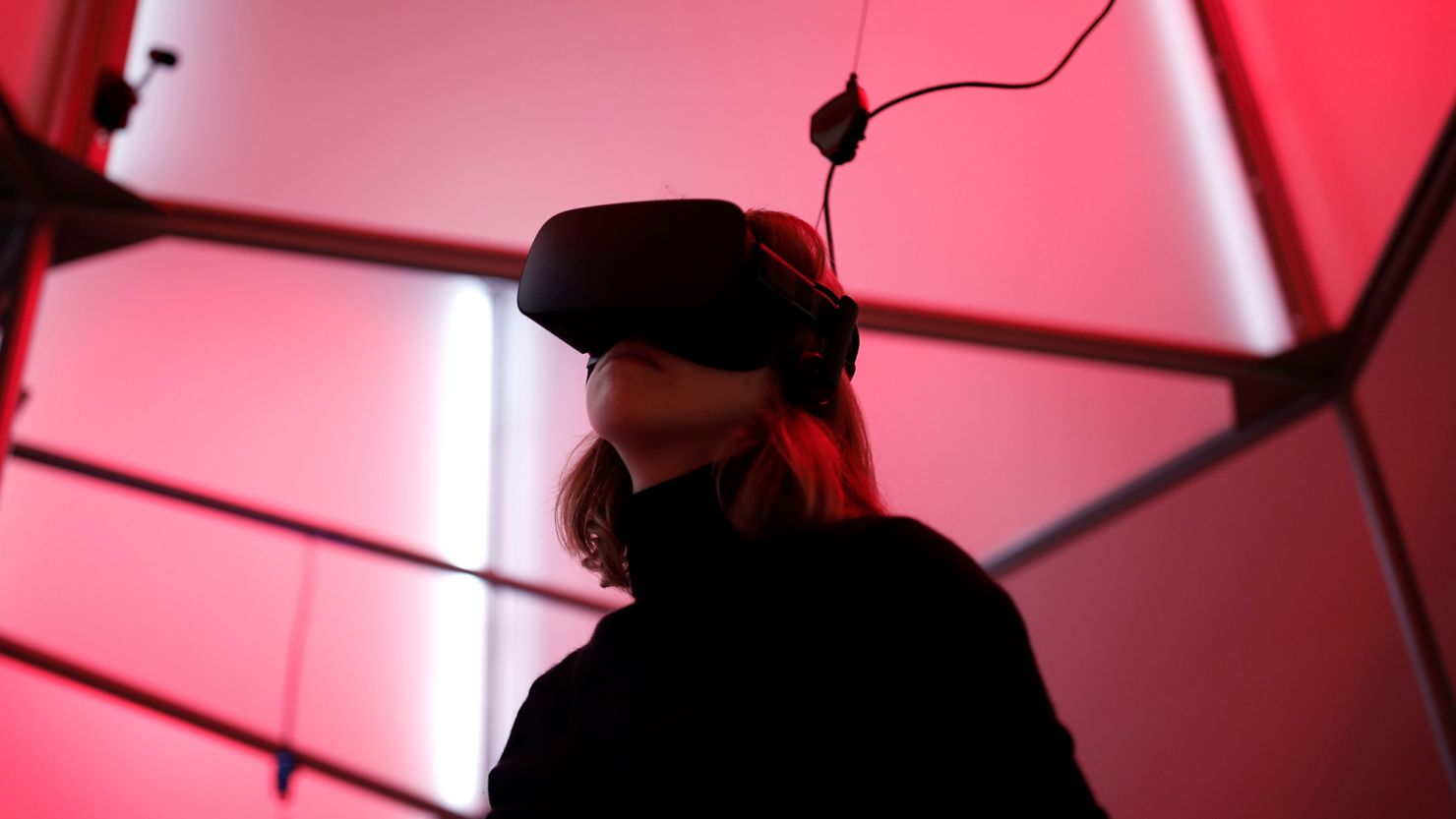Virtual reality (VR) is on the cusp of a significant transformation in the entertainment industry, according to recent developments by major tech companies. After years of anticipation since the launch of the Oculus Rift in 2016, there is renewed optimism that VR may finally break into the mainstream. Industry leaders such as Meta and Apple are making strides that could redefine how audiences engage with content.
In March 2025, The Wall Street Journal reported that Meta is exploring partnerships with notable entertainment companies, including Disney and A24, to create immersive experiences specifically for its Quest VR headsets. This move follows Apple’s announcement in June regarding an update to its Vision Pro headset, which will allow users to share content across devices, enhancing the communal experience of watching films and attending events together in 3-D.
The landscape for VR has evolved significantly since the Oculus Rift’s debut. Headset manufacturers have produced lighter, more powerful models, while companies are beginning to embrace VR as a compelling medium for storytelling. For instance, Meta recently offered live virtual rinkside tickets to Stanley Cup games, a concept that has echoed its previous initiatives with the NBA and WNBA. Additionally, VR concerts featuring artists like Alicia Keys and Blackpink have gained traction, demonstrating a growing interest in live entertainment formats.
Overcoming the Adoption Paradox
Despite advancements, the VR industry has faced a persistent challenge: the chicken-and-egg dilemma of content versus adoption. As Sarah Malkin, director of entertainment content for Meta’s Reality Labs, stated, the breakthrough moment for VR is already occurring with the integration of mixed reality into everyday life.
According to IDC, global shipments of augmented reality (AR) and VR headsets saw an increase of approximately 10% in 2024, reaching 7.5 million units. Notably, shipments in the United States surged nearly 30.8% to 3.4 million. Although IDC forecasts a downturn in shipments in 2025 due to delayed product launches, it anticipates a remarkable rebound in 2026, projecting a 98.5% growth to 11.3 million units.
Despite the promise, the results have not always met expectations. Mark Zuckerberg’s Metaverse initiative has cost Meta approximately $46 billion over three years, and Reality Labs reported an operating loss of $4.2 billion, with sales at only $412 million in Q1 2025.
Content Creation and Industry Shifts
The creation of compelling VR content remains a crucial hurdle. Industry experts, including Jenna Seiden, emphasize that studios must develop media specifically for immersive platforms rather than adapting existing 2-D content. “You need to build natively so the audience is going to have a different experience per platform,” Seiden noted.
Exclusivity is a strategy that has proven successful for platforms like HBO Max and Apple TV+, which grew their audiences through unique offerings. This model could be pivotal in attracting viewers to VR experiences. Live virtual sports, for example, present an opportunity to engage audiences using 180-degree cameras, making it easier to adapt existing events for immersive consumption.
The current media environment, marked by the decline of traditional cable and fluctuating box office revenues post-COVID, makes the potential for VR a timely consideration for entertainment executives. As Jack Davis, co-founder of CryptTV, indicated, headsets could provide a vital channel for premium content amid significant industry changes.
Investment in VR has lagged compared to innovations in areas like artificial intelligence and self-driving technology. Funding data from Crunchbase illustrates this trend, revealing that XR funding peaked at $4.087 billion in 2021 but fell to $347.69 million by 2025. In contrast, AI funding soared from $39.96 billion in 2019 to $105.36 billion by 2025.
Despite these challenges, there is a growing belief that investment in XR will rebound. According to Nepveu, as understanding of AI solidifies, budgets are beginning to shift back toward XR development.
Challenges remain for tech giants aiming to make VR headsets appealing and accessible to consumers. Apple has positioned the Vision Pro as a spatial computing tool, emphasizing its utility beyond entertainment. Despite the ongoing uncertainties, industry experts have varying predictions on when VR will achieve widespread acceptance, with estimates ranging from one to ten years.
As the technology evolves, the content consumption landscape may shift dramatically. Paul Raphaël, co-founder of Felix & Paul, suggested that non-immersive content may soon be viewed similarly to black-and-white films, losing its allure as immersive experiences become the norm. The push for virtual reality in entertainment is gaining momentum, and the industry is poised for a transformative leap forward.






































































